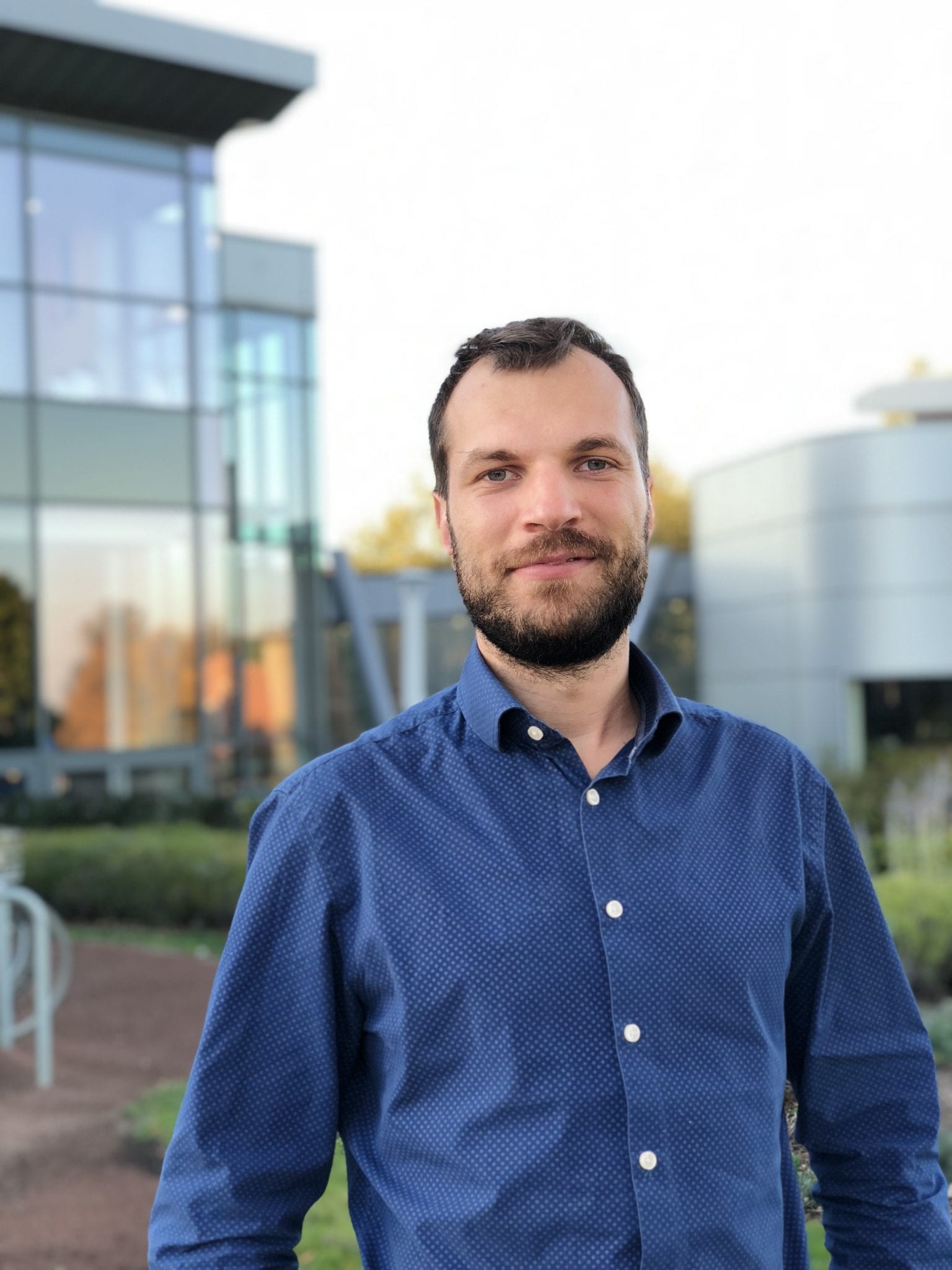
Dr Nicolas Kral
Dr Nicolas Kral is the Chief Technology Officer of Phytoform Labs, which he co-founded in 2017 with CEO Dr William Pelton. Earlier this year, Dr Kral spoke to CHAP’s Advisory Panel about the use of Artificial Intelligence in agriculture, and we can now share his insights.
Please outline your experience of applying AI in the work you are doing: what problem needed to be solved and why was AI useful?
In plant genetics the labeling and predicting functions of non-coding regions of genome is exceedingly difficult and reductive scientific approaches are not well placed to solve the problem.
Deep Learning and Artificial Intellegence (AI) is a great technology to learn from large data sets and create genome-wide predictions for non-coding genomic regions.
In addition, at Phytoform Labs, after creating predictions we use AI to further create generative DNA designs to breed better, more climate-tolerant and disease-resistant crops.
What mistakes, if any, were made? Were they overcome? If so, how?
There are a lot of inputs that go into building a useful model that can increase understanding or productivity by 10X. There are also a large number of options from different AI algorithms and solutions to solve the same problem. Our biggest challenge is to have a team that can fully grasp the computational options to implement a useful solution.
One of our early mistakes was to go for the most bleeding edge – ie newest and riskiest– GAN (generative adversarial network) algorithms, which looked very elegant, but were producing complete gibberish. Luckily our team has resolved the problem and we have retooled the AI to use the algorithms, and ultimately we obtain the answers we were looking for.
What was the hardest part of the project/task?
The hardest part is always communication. Our team is excellent at grasping the technical problems at hand. However, inevitably some of the decisions related to outcomes, timelines and budget have to be made by team members who are not well-versed in the technical jargon and have only a superficial understanding of the technical issues. Communicating clearly between technical and non-technical team members can be challenging, but hugely rewarding once everyone is ‘on-the-mission’.
How transferrable do you think these insights are to other sectors?
I think the insights are very transferable. AI technologies are a set of tools that can be applied to inefficiency or lack of understanding to any industry or sector with large amount of data, in order to make it more efficient or obtain more information.
The deployment and execution of AI tech is usually the difficult part and that is also the part that’s common across all industries.
Do you think there are opportunities in applying AI that are particularly relevant to agriculture?
I think Agriculture in particular can heavily benefit from AI, as it is a very complex system and currently has a number of inefficiencies.
The two areas where I think AI can add most long-term value are, first, crop and animal genetics, which is what Phytoform Labs works on and second, traceability and value adding, through produce identity. At this point, the latter is really hard to tackle, due to global supply chains and little effort from individual actors, working in very commodified markets.
How would agriculture have to change to fully benefit from the potential that AI offers?
That’s a very hard question. It is already changing and businesses willing to take risks with new technologies will potentially benefit by having optimised processes or more intel with AI than their competitors. On the other hand, AI deployment is very costly and can often fail to bring the necessary gains that companies look for.
One thing that players within agriculture can do better is to state why AI experts should focus on agriculture. AI is a hot technology for basically every industry, and it can be hard to compete with the big tech for the best talent.
Since agriculture is often a very passionate industry with clear mission around food, food security and working with nature in general, companies should use this to their advantage to attract the best talent, who often can choose to work in any number of different industries, potentially with higher pay brackets.
Do you see any risks in using AI as a tool?
The main risk with AI is that it can just further entrench the position of the biggest players in agriculture, since it is an expensive technology to deploy in a very risk-averse industry.
In addition, it is extremely important to be cautious of data bias.
Lastly just like with all new technologies, there is a potential of overpromising and underdelivering. Keeping expectations in check and defining problems well before deploying AI solutions is absolutely necessary.









